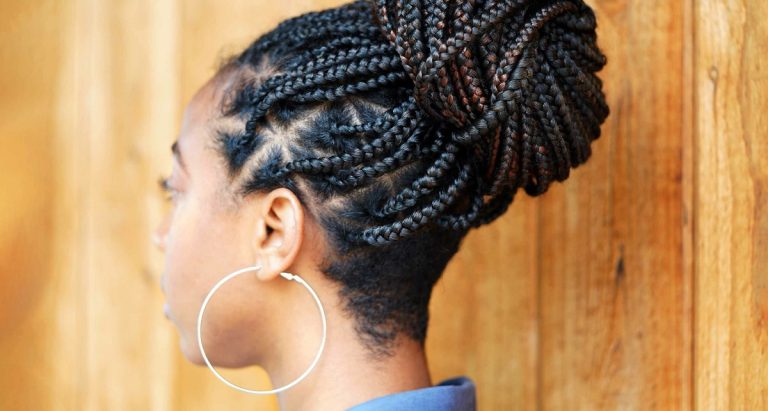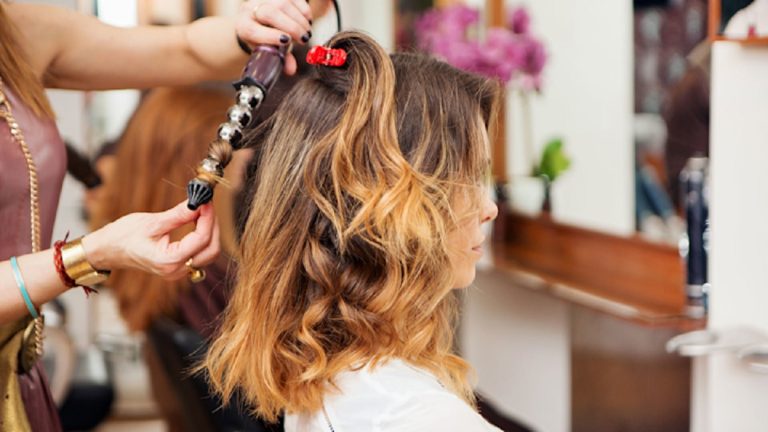Biotera Vs Biolage: Which One Offers Better Haircare?
Selecting the right haircare product can make all the difference between having dull, lifeless hair and vibrant and healthy hair. But with countless options around, it can be overwhelming to choose the perfect brand for you, since they all contain different ingredients, and need figuring out which one suits your hair type better.
Biotera and Biolage are innovative brands catering to diverse hair types and issues such as frizz and damaged hair.
So, which one is right for you?
Well, many Biotera and Biolage products offer practically the same formulations, even fragrances. In fact, Biotera is known to be Sally’s version of Biolage, which is more affordable.
In this article, we’ll dissect the two brands from their ingredients to target treatment approaches to ensure you make the best choice for your hair’s well-being. Let’s start.
Brand Overviews of Biolage and Biotera
Biotera
Biotera is owned by Zotos Professional who has a rich history dating back to 1929, which makes it a pioneer in the hair care industry. They recently relaunched its iconic Biotera brand as its first microbiome-friendly certified hair care line, that emphasizes scalp health and microbiome balance in its products.
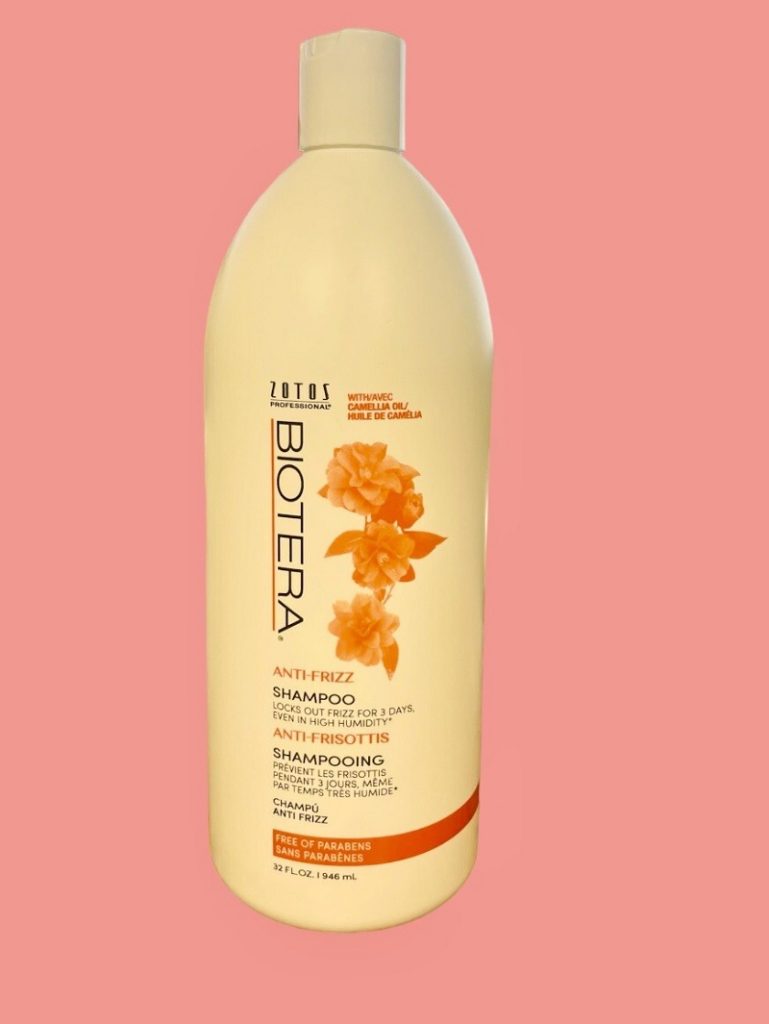
Biotera prides itself on incorporating botanical extracts, oils, and natural ingredients into its formulations. With an emphasis on gentle, sulfate-free cleansing and nourishing hydration, Biotera is made for those seeking an affordable, drugstore option that aligns with their eco-conscious values.
Biolage
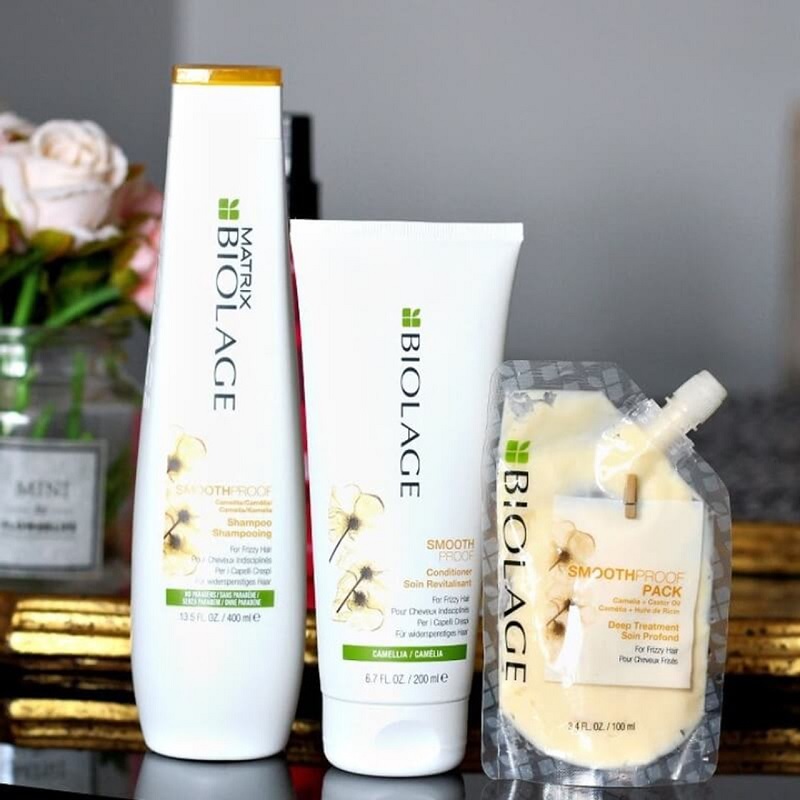
Biolage was founded in 1990 by hairdresser and entrepreneur Arnie Miller, under the ownership of Matrix. The brand is recognized worldwide as a leader in professional hair care. They focus on natural ingredients, trusted performance, and exceptional conditioning.
Biolage products are designed to enhance natural beauty, elevate haircare routines with reliable products, and encourage minimal environmental impact. They are all about delivering salon-like results at home to elevate your hair care routine.
Biotera Vs. Biolage – A Quick Comparison Between Them
| Biotera | Biolage | |
| Brand Positioning | Affordable, Drugstore | Salon-Quality, Professional |
| Key Ingredient Focus | Natural, Botanical | Advanced Technologies |
| Target Hair Types | Normal to Dry | Wide Range (Fine, Thick, Oily, Curly) |
| Targeted Solutions | General Nourishment, Some Color Care | Specific Concerns (Color, Repair, Frizz) |
| Price Range | Lower | Higher |
| Sustainability/Ethical Practices | Emphasis on Natural Ingredients | L’Oreal is not entirely cruelty-free. |
Ingredient Breakdown
Biotera:
Biotera is known for its emphasis on milder sulfate alternatives like sodium laureth sulfate, combined with botanical extracts and oils. This enables Biotera products to offer gentle cleansing while nourishing and protecting your tresses. Ingredients like wild orchid flower extract, shea butter, and coconut oil are commonly found in Biotera’s products, which contributes to their natural and eco-friendly appeal.
Biolage:
Biolage’s commitment to professional-grade haircare is evident in its ingredient lists. They incorporate various sulfate options tailored to different product lines. However, their true strength lies in the advanced technologies and targeted active ingredients they employ in their products. From ceramides and honey for repair to orchid flower extract for color protection, Biolage’s formulations are designed to deliver exceptional results.
Product Ranges
Biotera:
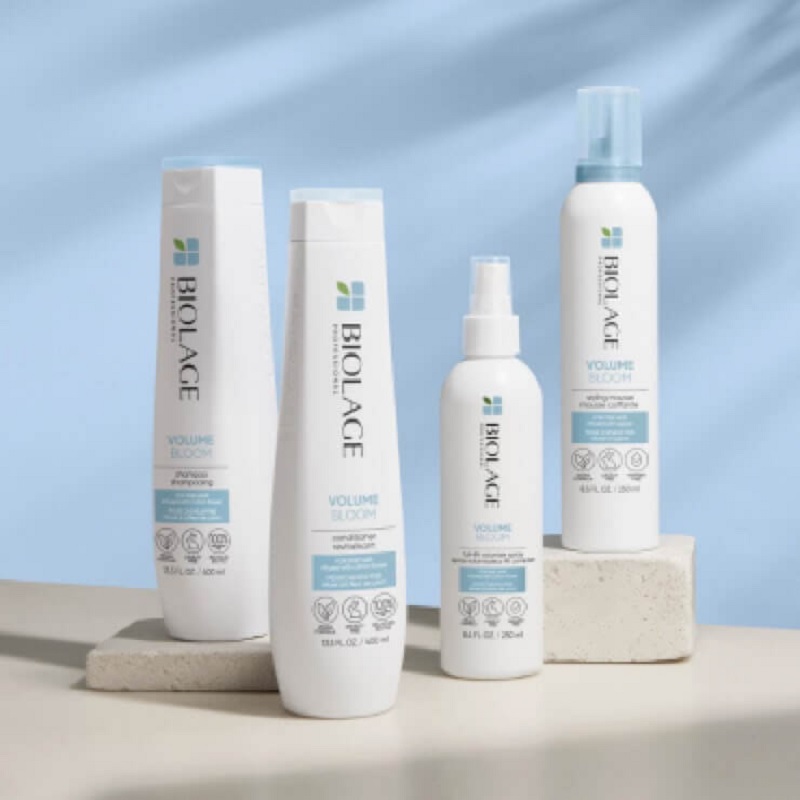
Biotera’s product range is particularly well-suited for people with normal to dry hair types. Their formulations aim to provide gentle cleansing, intense hydration, and nourishment, which makes them an excellent choice for those seeking a more natural approach. Additionally, Biotera offers dedicated lines for color-treated hair that promise to maintain the vibrancy of your colored hair.
Their products are typically affordable, ranging from $5-$12. This includes the Biotera Ultra Color Care Shampoo which is sulfate-free, with natural acai berry, bamboo, and rice protein to gently cleanse while nourishing color-treated hair for around $5-$10. The Biotera Ultra Color Care Conditioner is also sulfate and paraben-free with wild orchid and shea butter to soften and nourish color-treated hair for around $5-$10.
Biolage:
Biolage’s comprehensive product range caters to a wide variety of hair types and concerns. They offer tailored solutions for every texture from thick to thin. Their dedicated lines target specific issues such as color-treated hair, damage repair, frizz control, and volume enhancement.
Biolage products are positioned as professional-quality and tend to be in the $15-$35 price range. This includes the Biolage Color Last Shampoo which contains orchid flower extract and UV filters in a low pH formula to prolong color vibrancy for up to 9 weeks for around $20-$30. The Biolage Color Last Conditioner is vegan, and plant-based and complements the shampoo for protected, vibrant-colored hair also around $20-$30.
Side-by-Side Product Comparison
Biotera Ultra Moisture Shampoo Vs Biolage Ultra Hydrating Shampoo
| Biotera Ultra Moisture Shampoo | Biolage Ultra Hydrating Shampoo | |
| Key Ingredients | Aloe Vera, Botanical Oils | Silk, Ceramide |
| Hair Type | Dry, Damaged | Normal to Dry |
| Claimed Benefits | Deep Moisture, Smoothness | Hydration, Manageability |
Biotera Deep Conditioning Masque Vs Biolage Advanced KeratinDose Mask
| Biotera Deep Conditioning Masque | Biolage Advanced KeratinDose Mask | |
| Key Ingredients | Shea Butter, Argan Oil | Keratin, Silk |
| Hair Type | All Hair Types | Damaged, Over-Processed |
| Claimed Benefits | Intensive Repair, Smoothness | Protein Reconstruction, Strength |
| Application | Rinse-Out | Rinse-Out |
Biotera Ultra Glossing Serum Vs Biolage SmoothProof Serum
| Biotera Ultra Glossing Serum | Biolage SmoothProof Serum | |
| Key Ingredients | Argan Oil, Silicones | Silk, Ceramide |
| Hair Type | All Hair Types | Frizzy, Coarse |
| Claimed Benefits | Shine, Anti-Frizz, Heat Protection | Smoothing, Frizz Control |
| Application | Concentrate | Concentrate |
Price and Value Comparison
One of the key factors that differentiate Biotera and Biolage is their pricing strategy. Biotera is positioned as a more affordable, budget-friendly option. This makes it more accessible to a wider range of consumers. Their products are typically priced lower than Biolage. Hence, they offer a good value for people seeking quality hair care without breaking the bank.
In contrast, Biolage’s products carry a premium price tag for their salon-quality formulations and advanced technologies. While more expensive than Biotera, many users find that the investment in Biolage products is worthwhile, as they deliver professional-grade results that can extend the time between salon visits and maintain their hair’s health and vibrancy.
Verdict: Which One is Right for Your Hair Biolage or Biotera
Choosing between Biotera and Biolage ultimately comes down to your individual hair type, concerns, and budget. Here are some personalized recommendations to help guide your decision:
For Normal to Dry Hair Types on a Budget
If you have normal to dry hair and are looking for an affordable, gentle, and natural haircare routine, Biotera could be an excellent choice. Their botanical-based formulations and milder sulfate alternatives make them a good option for those seeking nourishment without harsh chemicals or breaking the bank.
For Specific Hair Concerns and Salon-Like Results
If you’re dealing with specific hair concerns, such as color fading, damage, frizz, or lack of volume, and you’re willing to invest in professional-grade products, Biolage could be the better choice. Their targeted solutions and advanced technologies are designed to deliver salon-like results, addressing your unique hair needs with precision.
For Color-Treated Hair
Both Biotera and Biolage offer lines specifically formulated for color-treated hair. Biotera’s gentle, natural approach may be suitable for those with mildly color-treated hair, while Biolage’s dedicated color care line promises more intense protection and vibrancy for those with heavily processed or high-lift color.
For Eco-Conscious Consumers
If sustainability and ethical practices are high on your priority list, Biotera’s emphasis on natural ingredients and gentle formulations could align better with your values. However, it’s always advisable to research both brands’ commitments to ethical sourcing, cruelty-free practices, and environmental initiatives to make an informed decision.
Frequently Asked Questions
Is Biotera a good shampoo brand?
Yes, according to most users, Biotera shampoos are excelling at cleaning thick and thin types of hair while smelling great at the same time.
Is Biotera good for damaged hair?
Yes, Biotera has good cleaning, moisturizing, as well as restoration properties, while being all-natural at the same time. However, if you are not allergic to chemicals, Biolage is also a good option for quickly restoring damaged hair.
Is Biolage PETA approved?
While Biolage products are not PETA approved, all of their products all over the world are now Cruelty Free International certified. Hence, they are free of animal testing.
Does Biolage help with hair loss?
Yes, users have reported that Biolage helped with their hair thinning and thus effectively improving their hair-loss situation.
Final Words
In summary, while both Biotera and Biolage offer a wide range of products and treatment options, they have quite different treatment approaches. Biotera’s emphasis on natural, botanical ingredients and affordable pricing make it the go-to choice for simple to moderate hair care. However, for quick repair and heavy-duty hair care routine, Biolage’s salon-quality formulations might be a better fit.
Remember, healthy, beautiful hair starts with the right haircare routine, and investing in products tailored to your specific needs can make a world of difference in achieving your desired hair goals.

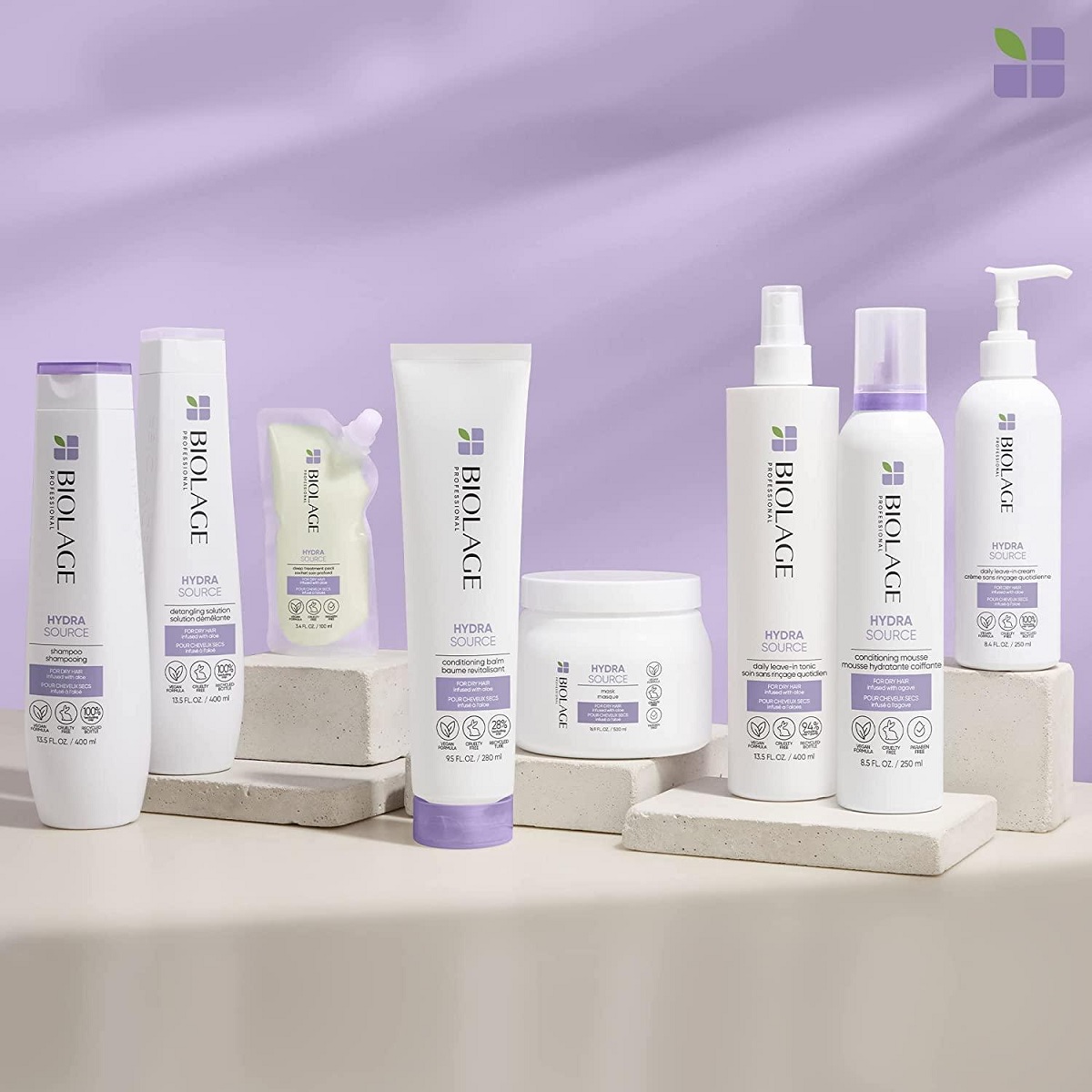
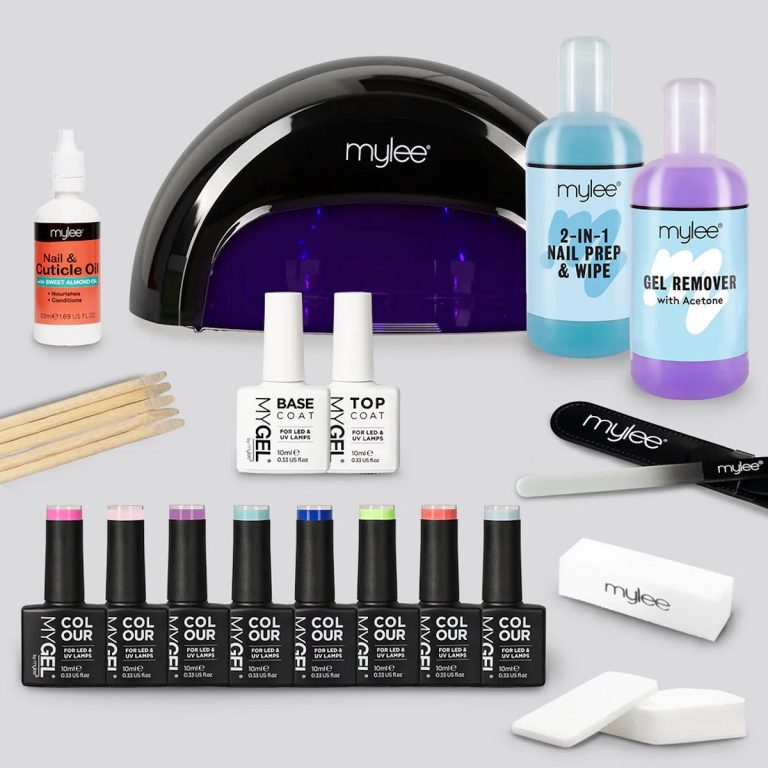
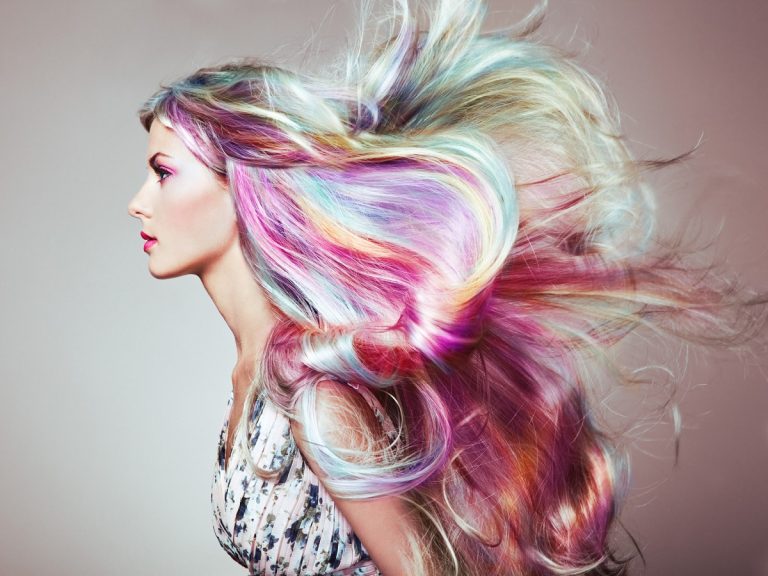
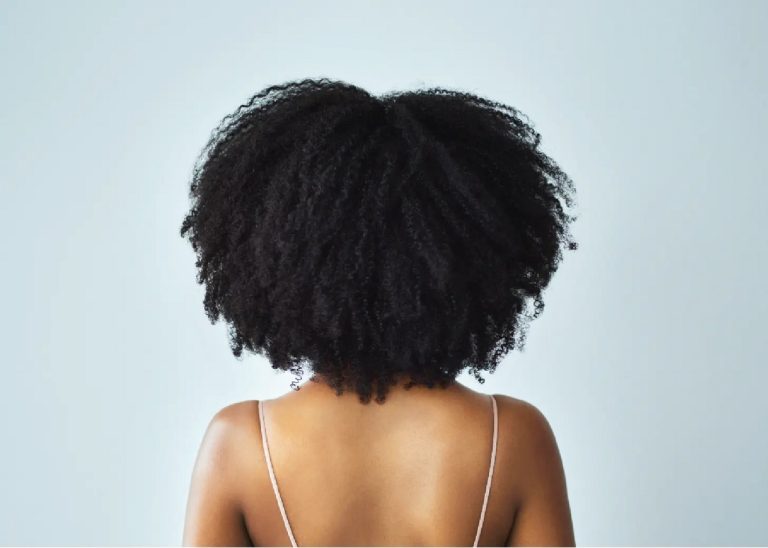
![Alternatives to Relaxers for Black Hair [Get Smooth Natural Hair]](https://landamedspa.com/wp-content/uploads/2025/05/Alternatives-to-Relaxers-for-Black-Hair-768x511.jpg)
